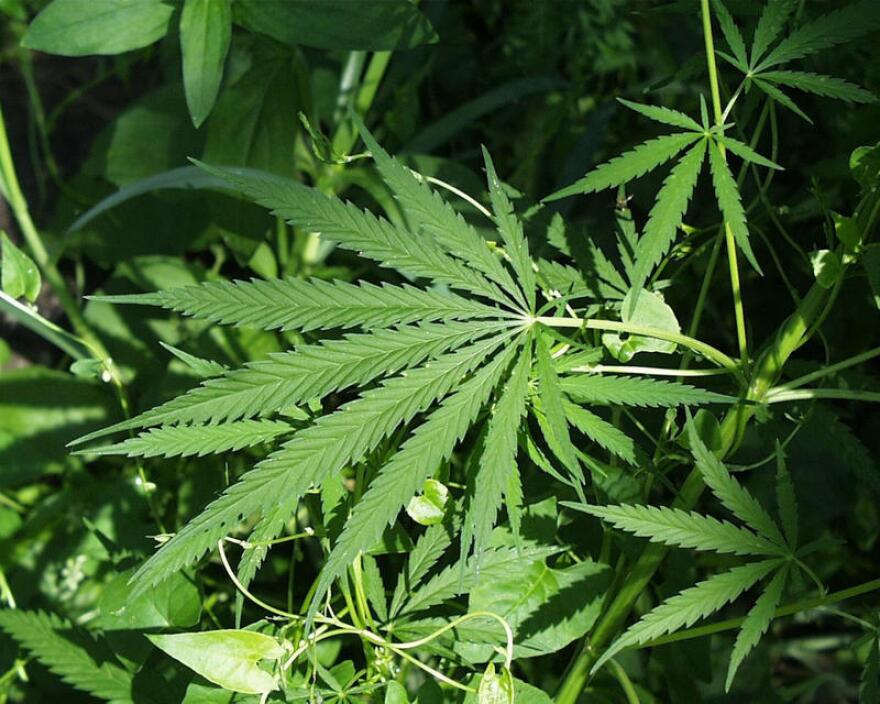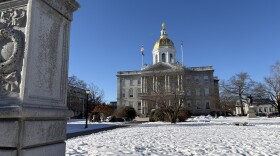A state commission created to reduce alcohol and drug problems in New Hampshire expressed opposition Friday to a bill to legalize recreational marijuana use.
The Governor's Commission on Alcohol and Other Drugs weighed in on a bill that would legalize marijuana use by those ages 21 and older and tax it in a manner similar to alcohol. While several of the members of the commission did not vote, those who did were unanimous in their opposition, including those representing hospitals, the departments of safety and corrections, and the state liquor commission.
The bill, sponsored by Rep. Renny Cushing, D-Hampton, would legalize up to an ounce of recreational marijuana and 5 grams of concentrated cannabis. Adults would be allowed to grow up to six plants, and a cannabis control commission would be set up to license and regulate cannabis businesses.
Supporters argue that it could produce $33 million per year in revenue and that New Hampshire should join other New England states that have legalized the drug. Similar efforts have failed in the past, but Democrats, who added legalization to their party platform last year, now control both the House and Senate.
Republican Gov. Chris Sununu, however, opposes legalization and has said he would veto the bill if it passes.
"I am pleased that the Commission, composed of public health officials in the treatment, recovery, and prevention fields, unanimously came to the conclusion that now is not the time for the recreational legalization of cannabis in New Hampshire," he said in a statement Friday.
The commission's action came as it released its three-year strategic plan. The plan sets several targets to be met by 2021, including decreasing the number of drug overdose deaths by 25 percent, decreasing marijuana use by high school students by 10 percent and increasing the number of people being treated for substance use disorders by 25 percent.







